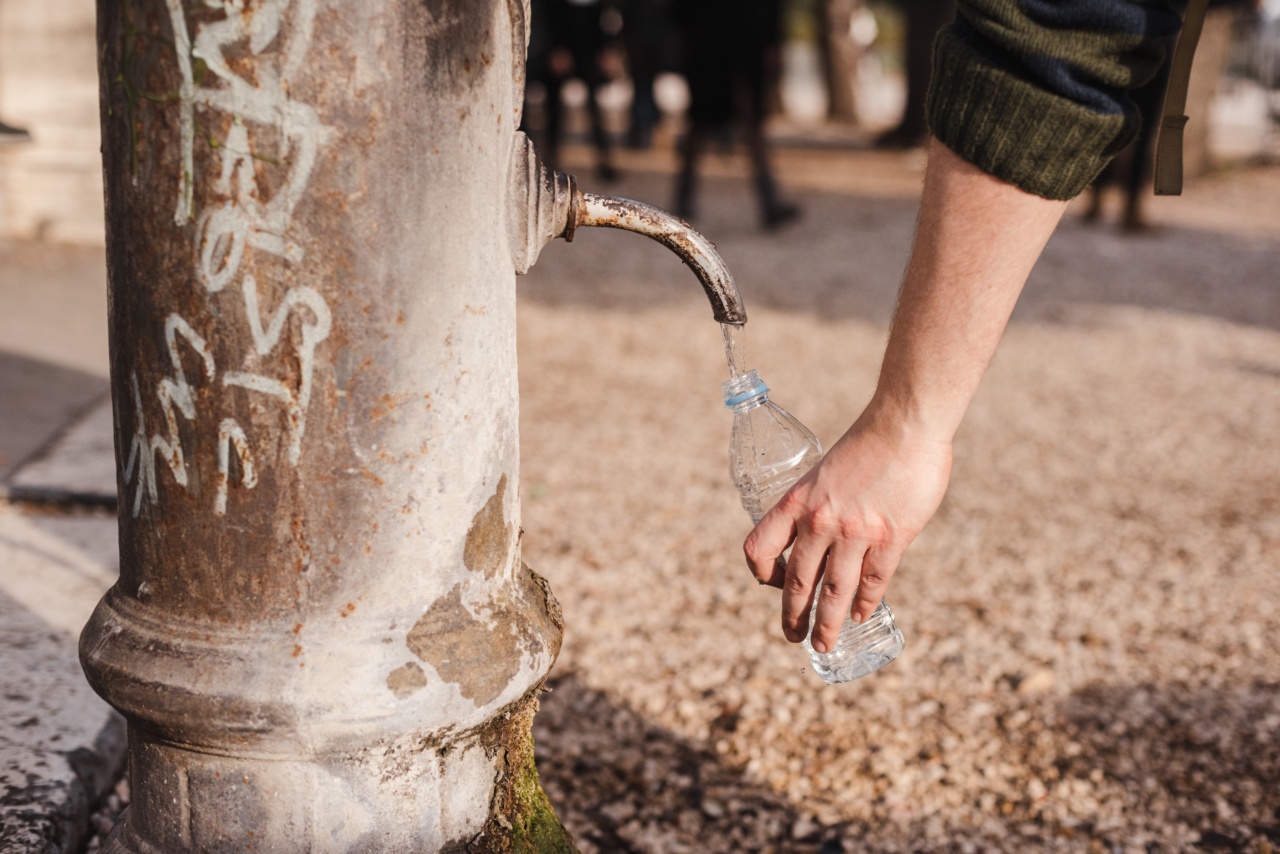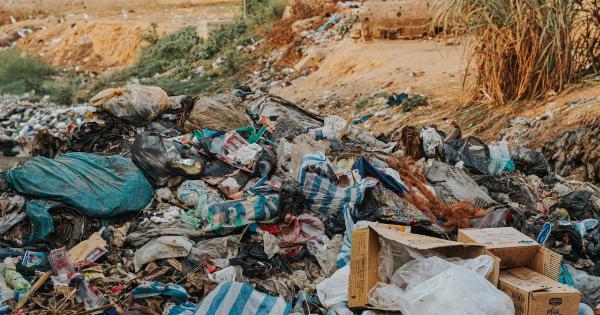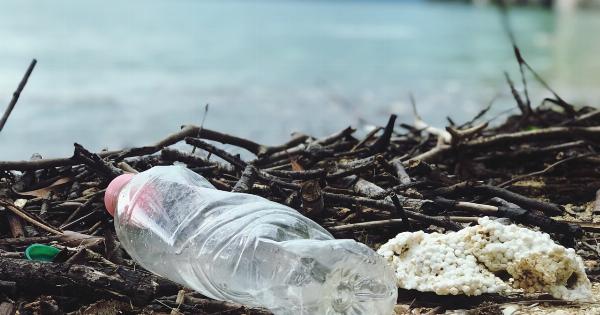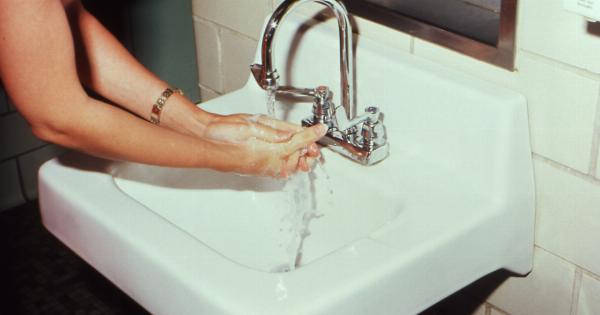Plastic pollution has become a significant concern in recent years, with devastating impacts on the environment and living organisms.
While much attention has been given to large plastic items like bottles and bags, a new study reveals a surprising potential threat to water quality – plastic taps.
The Rise of Plastic Taps
Plastic taps, also known as plastic faucets or spigots, have gained popularity due to their affordability, durability, and ease of installation.
They are commonly used in various applications, including household water containers, rain barrels, and outdoor water storage tanks. As plastic taps have become commonplace, scientists have begun to investigate the potential ramifications for water quality.
Leaching of Harmful Chemicals
Recent research has found that plastic taps can leach harmful chemicals into the water they dispense. These chemicals include bisphenol A (BPA), phthalates, and various additives used in the manufacturing process.
BPA and phthalates are known endocrine disruptors, potentially causing adverse health effects such as hormone imbalance, reproductive issues, and developmental abnormalities.
The leaching of these chemicals from plastic taps occurs primarily due to prolonged exposure to sunlight and water, as well as fluctuations in temperature.
When exposed to these conditions, the plastic material begins to degrade, releasing chemical compounds that can be transported into the water supply.
Impact on Water Quality
The presence of harmful chemicals in water can lead to a multitude of issues, both for human health and the environment.
When consumed or used for cooking and cleaning, water contaminated by plastic taps can introduce these toxic compounds into the human body. With continuous exposure, the potential health risks associated with BPA and phthalate ingestion become a grave concern.
Furthermore, plastic tap contamination can also affect aquatic ecosystems. When discharged into rivers, lakes, or oceans, these chemicals can disrupt the delicate balance of marine life.
Many aquatic organisms, such as fish and amphibians, are extremely sensitive to even small traces of toxic substances. The impacts may cascade through the food chain, potentially harming larger predators and posing risks to overall biodiversity.
Regulatory Concerns and Awareness
While regulations and standards exist for various plastic products, including bottles and food containers, there is currently limited oversight specifically targeting plastic taps.
Some countries have taken steps to ban or restrict certain chemicals used in plastic manufacturing, but these regulations do not address the issue comprehensively.
Increasing awareness among consumers about the potential risks associated with plastic taps is crucial. People need to understand the importance of choosing alternatives that are certified as safe and non-toxic.
Manufacturers should also be encouraged to develop and promote more environmentally friendly options, such as taps made from sustainably sourced materials or those with enhanced UV resistance to slow down degradation.
Exploring Alternative Materials
Scientists and manufacturers are actively exploring alternative materials that can be used in tap production without compromising water quality.
One possible solution is the use of stainless steel, which has a proven track record in food-grade applications and doesn’t leach harmful chemicals into water. However, stainless steel taps often come at a higher price point, making them less accessible for some consumers.
Bioplastics, derived from renewable resources such as plant starches or vegetable oils, also show promise as a sustainable alternative to traditional plastic taps.
However, further research is needed to assess their long-term performance and environmental impact.
Another avenue being explored is the development of innovative coatings or barriers that prevent the leaching of harmful substances from plastic taps.
By enhancing the resistance of the material to sunlight, water, and temperature changes, these coatings could reduce the degradation process and minimize chemical leaching.
The Importance of Proper Maintenance
While more research and alternative solutions are being developed, it is important to note that regular maintenance can help mitigate potential water contamination from plastic taps.
Implementing simple practices, such as cleaning the taps regularly and minimizing exposure to direct sunlight, can help prolong their lifespan and reduce the risk of chemical leaching.
Conclusion
Plastic taps, once celebrated for their convenience and affordability, now pose a potential threat to water quality due to the leaching of harmful chemicals.
The presence of substances like BPA and phthalates can have severe consequences for both human health and the environment. Increased awareness, improved regulations, and the development of alternative materials are crucial in mitigating the risks associated with plastic taps.
It is our responsibility to make informed choices and take necessary measures to protect our water resources and ensure a sustainable future.






























